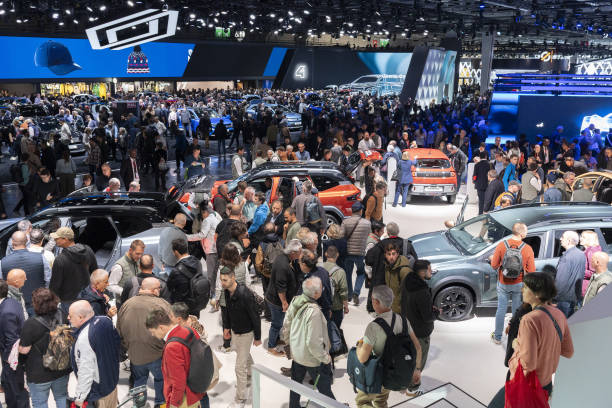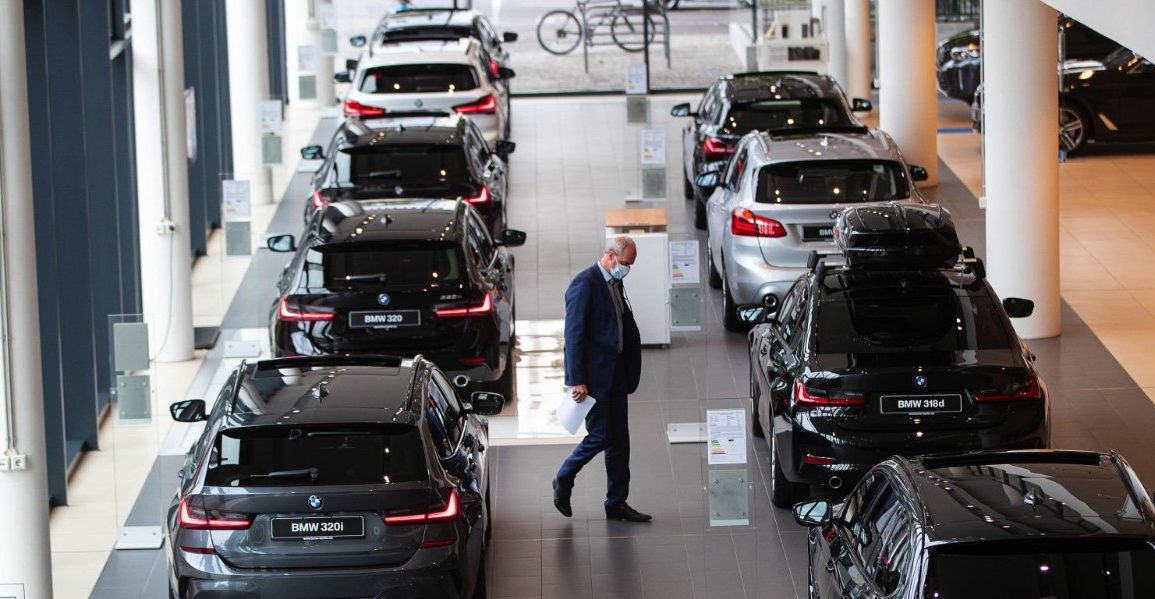The automotive industry of Germany, historically celebrated for its engineering excellence, is currently at a crossroads due to the rapid shift toward electric vehicles (EVs).
The major players, including Volkswagen, BMW, and Mercedes-Benz, are facing significant challenges, including profit warnings tied to economic uncertainties and diminished demand from China, the world’s largest automotive market.
These hurdles are compounded by major concerns such as potential job cuts and the looming closure of manufacturing plants.
Recent changes, including the abrupt termination of Germany’s electric car subsidy program and the EU’s decision to impose tariffs on Chinese EVs, signal a waning influence of Germany in shaping automotive policies.
This has led to fears that the prestigious “Made in Germany” label may lose its allure in an era increasingly defined by electric mobility.
Rico Luman, a senior economist at ING, highlights that while German quality remains recognized, it may not suffice in a rapidly evolving automotive domain.

The transition from traditional combustion engines requires German manufacturers to adapt swiftly in product development and organizational structure to maintain their longstanding status.
The need for a robust supply chain, particularly in battery technology, is pressing, yet this has yet to materialize within Germany.
Despite the challenges, some industry experts express optimism. Sigrid de Vries, director general of the European Automobile Manufacturers’ Association, believes that Germany’s rich automotive heritage and capacity for innovation should not be underestimated.
She emphasizes that the market’s complexity demands high-quality production capabilities, which German manufacturers are well-equipped to handle.
As the Paris Motor Show unfolds, it serves as a pivotal platform for introducing affordable EV models aimed at reclaiming market share from Chinese competitors.
With brands like BMW launching budget-friendly electric vehicles, the industry hopes to rejuvenate demand.
The path ahead for Germany’s automotive sector is undoubtedly fraught with difficulties, yet the resilience and ingenuity that have characterized this industry for decades may yet see it navigate this transformative period successfully.
The integration of advanced technologies and a renewed commitment to sustainability could not only preserve the German automotive legacy but also pave the way for a dynamic future in the global market.

